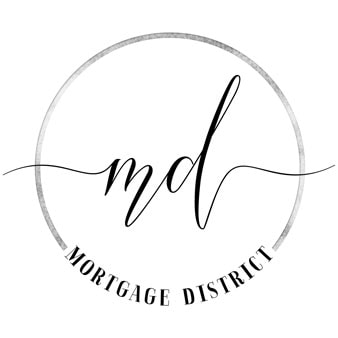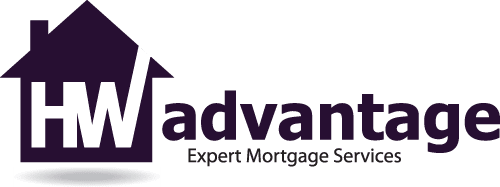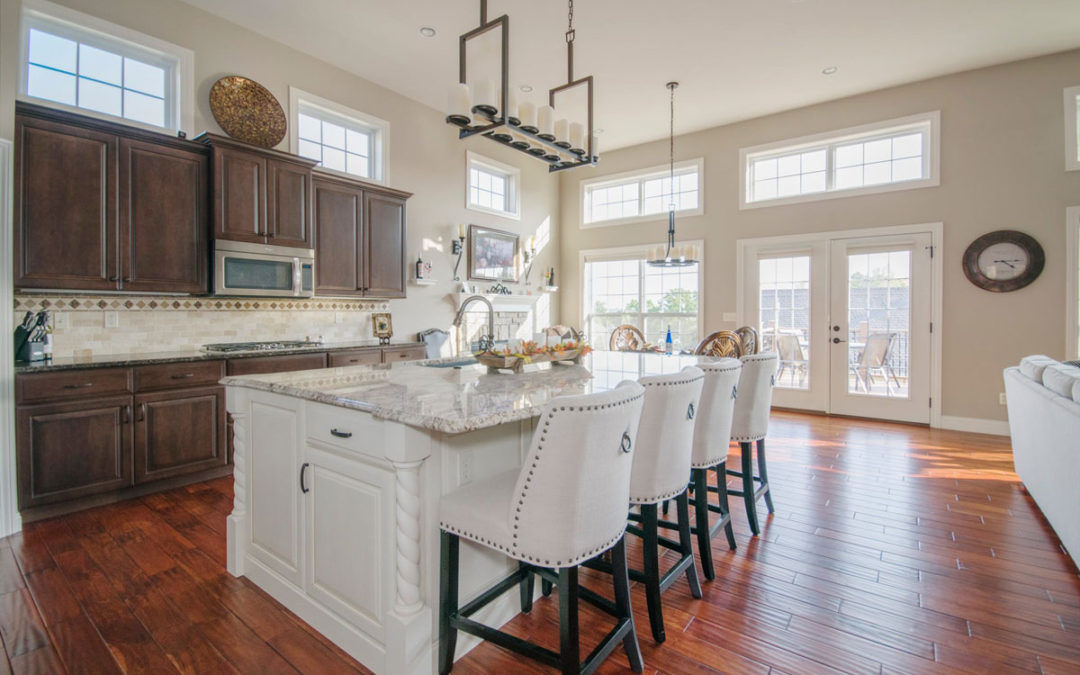By retirement, often the largest asset our clients own is their home and that often plays into their retirement strategy. Early in our relationship, we ask specific questions surrounding retirement and work with our clients to ensure we understand their short and long-term financial goals as it pertains to home ownership.
Life happens and we know that not everything goes according to plan, so by retirement, sometimes there may be a need for additional revenue. A little extra boost to help you live the retirement you have always wanted.
The concept behind a reverse mortgage is simple – it allows homeowners to borrow against their home while maintaining ownership. However, the actual decision to pursue a reverse mortgage is anything but simple. It requires concentrated thought and careful weighing of the pros and cons as it relates to your overall goals.
For those looking to subsidize their retirement with additional finances, either short or long term, a reverse mortgage may be a viable option. The premise is that the lender makes payments to you, the borrower, either as a lump sum or in monthly payments. The borrower, if aged 55+, can qualify for a reverse mortgage and access up to 50 per cent of the home’s value (lender depending). Considerations for qualification:
A key benefit is that the borrower only pays interest on the amount that has been withdrawn rather then on the full amount like you’d see in a standard refinance. A lower interest rate is what can make this option so tempting, despite the higher rates.
While a reverse mortgage is enticing because it provides tax-free income as a short-term solution, there are those that fall into the trap of going into a reverse mortgage unprepared and uneducated. Our HW Advantage team won’t let that happen. We will take time to make sure you understand:
Fees: Often the fees associated with a reverse mortgage leave people experiencing “sticker shock.” The lender fees and the interest rates are typically higher than standard mortgage rates/fees. It is important to balance the long-term cost with your long-term financial goals. This might not be worth the price.
Payback: Clients have to be aware that if they decide to leave the home, for whatever reason, they are responsible for paying back the mortgage borrowed.
Impact on Your Estate: In the case of death, you will be leaving your loved ones with less total equity in the home than you might like.
If, after understanding the financial and emotional implications, you are considering a reverse mortgage, ask yourself:
My Tip: If you can find other revenues to help you manage your retirement funding let’s talk about those first. Using the equity in your home as a retirement strategy does have its drawbacks and we always recommend talking with your family prior to making any decisions.
If you have thought through all the options and want to discuss strategy, our HW Advantage team should be your first call. We have the expertise to handle the most complicated scenarios and the compassion to walk you through this, often emotional, process.
Want to get started? Contact us by filling out the form below or by calling us at 905-541-6961.
Please call me with any questions.


